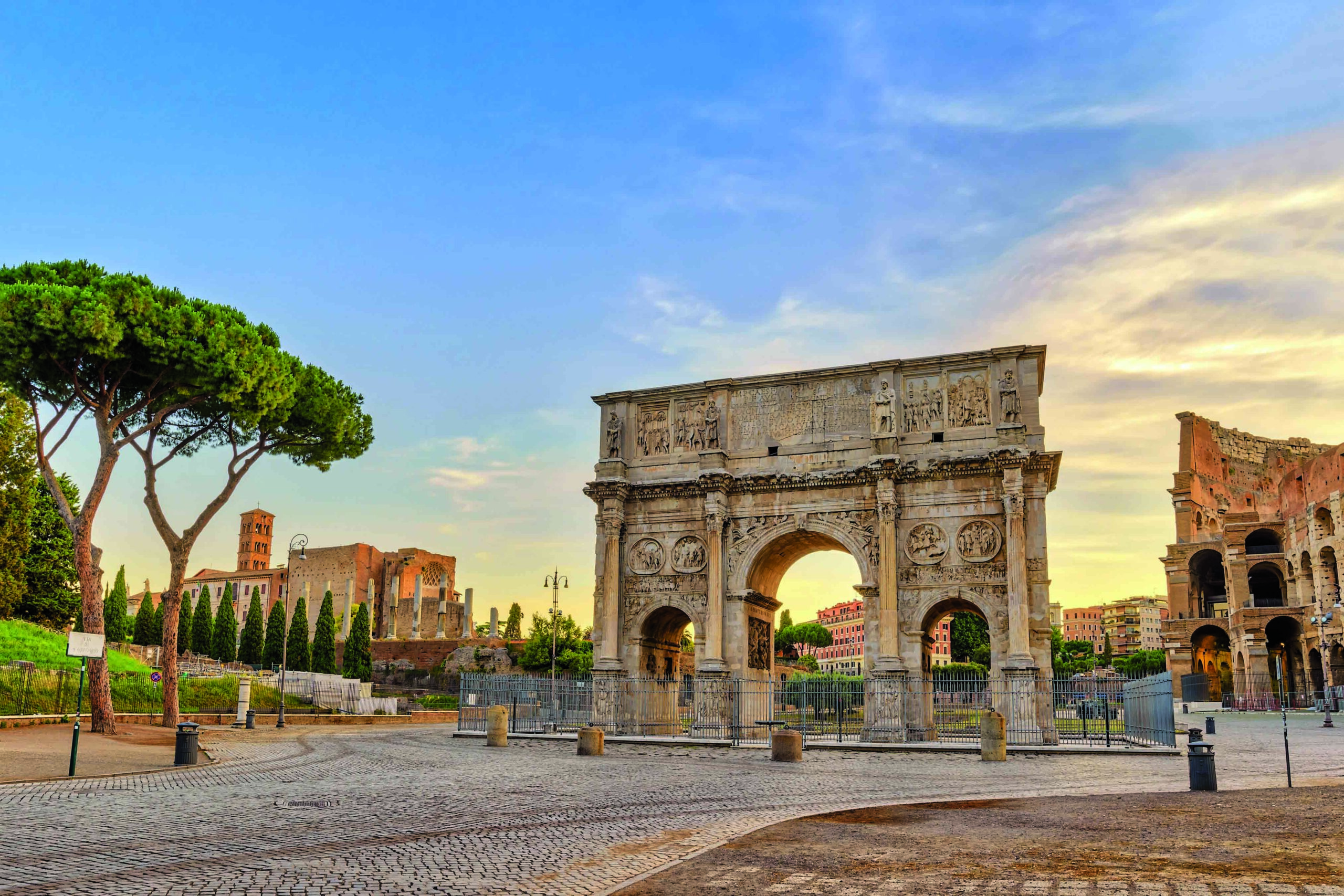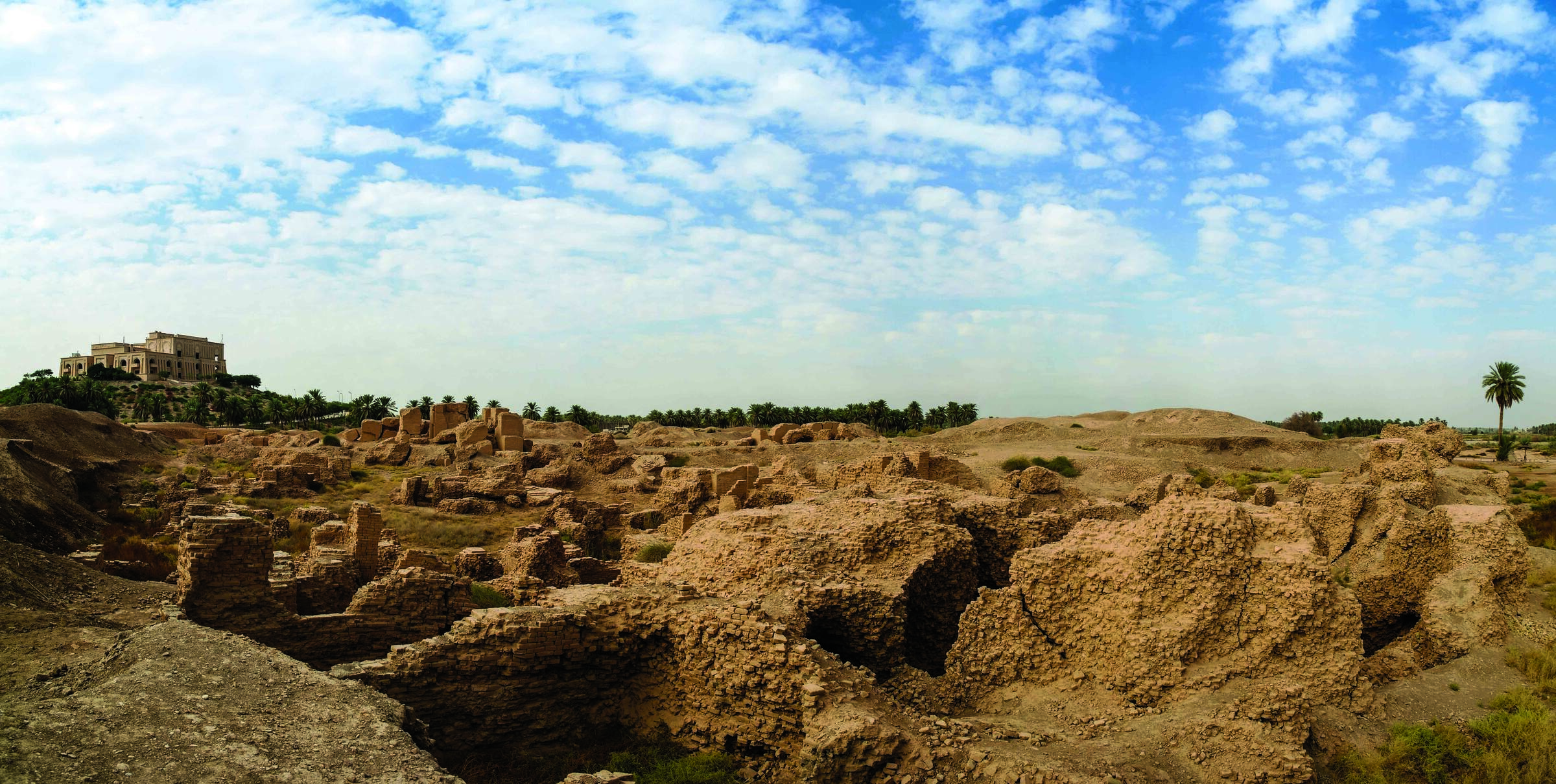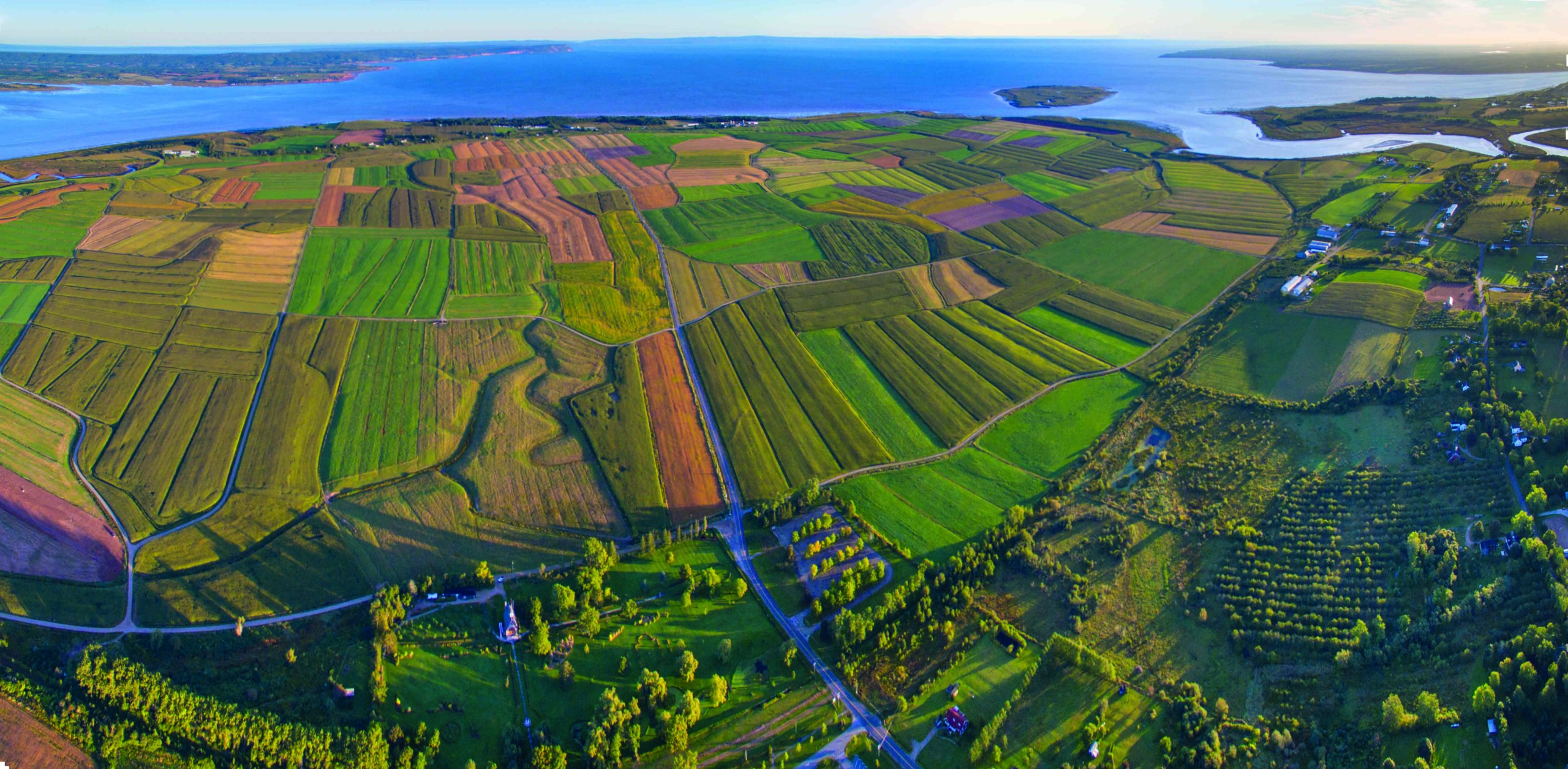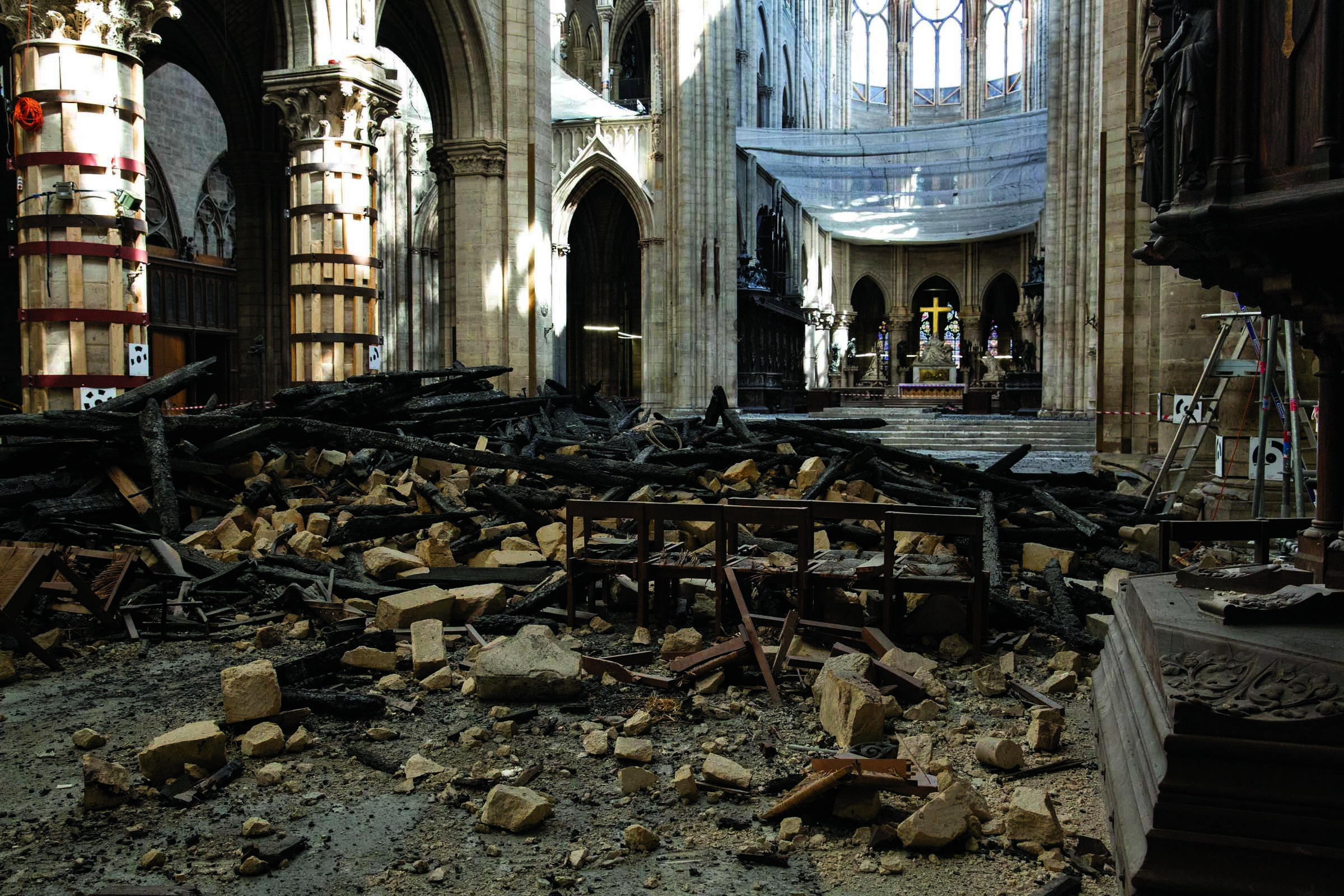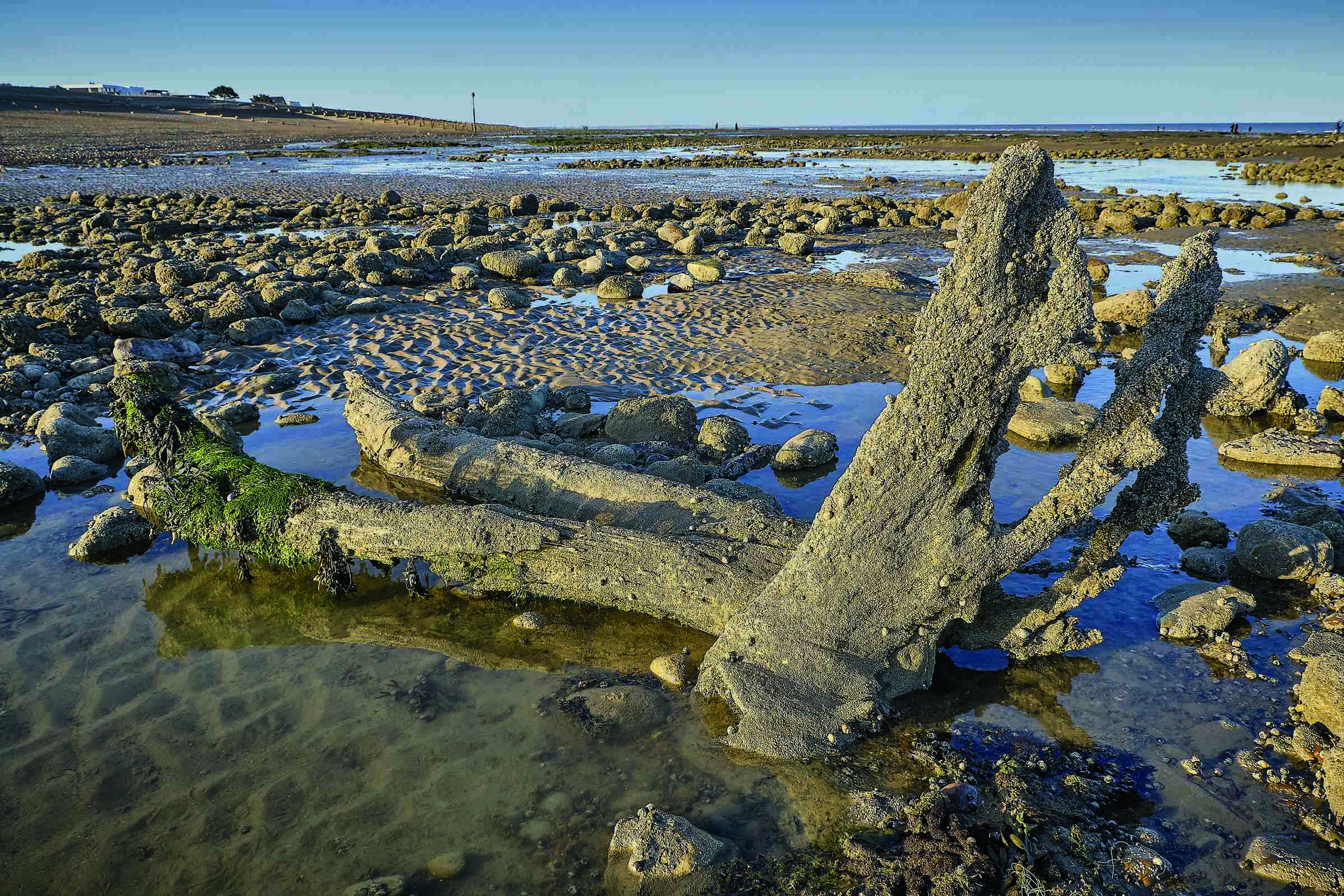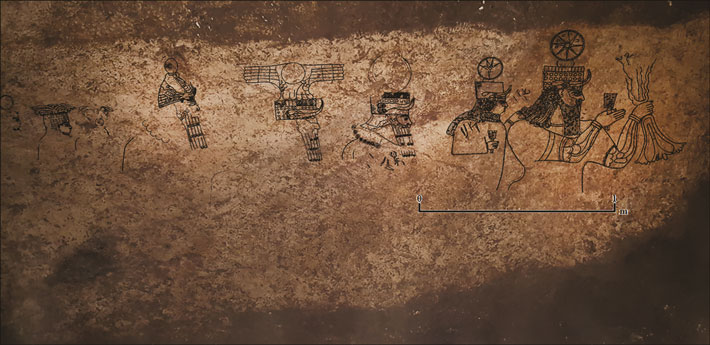
ANKARA, TURKEY—Live Science reports that researchers are investigating a subterranean complex made up of an entrance chamber and an upper and lower gallery carved out of limestone bedrock in what is now southeastern Turkey’s village of Başbük. Although looters first entered the structure through a hole cut through the floor of a house in the village, police intervened and alerted archaeologists at the Şanlıurfa Archaeological Museum. The structure is thought to have been used by a fertility cult in the ninth century B.C. that combined local and Assyrian elements. For example, drawings on the walls carry Assyrian religious themes, according to Selim Ferruh Adalı of the University of Ankara, but were adapted to the local Aramaean style. Aramaic inscriptions label images of Hadad, the Assyrian god of storms, rain, and thunder; Atargatis, northern Syria’s goddess of fertility and protection and consort of Hadad; Sîn, the moon god; and Šamaš, the sun god. “They reflect an earlier phase of Assyrian presence in the region when local elements were more emphasized,” Adalı explained. Another inscription in the complex may refer to Mukīn-abūa, a Neo-Assyrian official during the reign of the Assyrian king Adad-nirari III (r. 811–783 B.C.), who may have come to govern the region. Once the site has been stabilized, further excavation will take place. Read the original scholarly article about this research in Antiquity. To read about writings by Neo-Assyrian scholars, go to "Ancient Academia."






